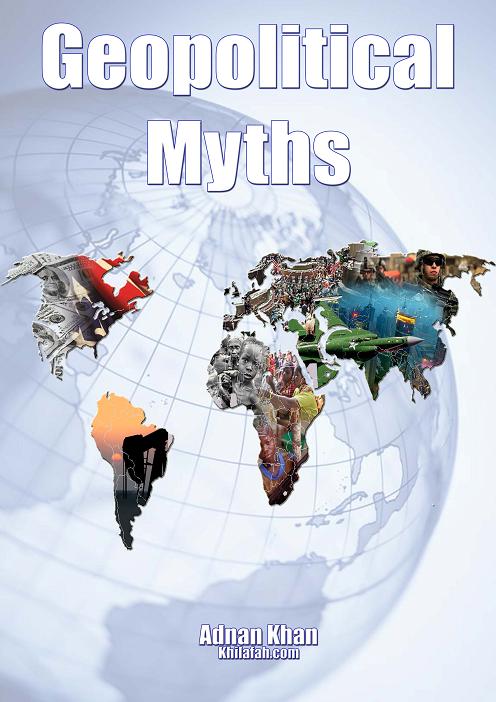 Download the book here.
Download the book here.
Geopolitics has traditionally been the study of the relationship and links between political power and geographic space. The doctrine of Geopolitics gained attention largely through the work of Sir Halford Mackinder in England and his formulation of the Heartland Theory in 1904, which in reference to the British Empire at the time explored the significance of sea power in world conflict.
Whilst politics looks at the application of power, geopolitics looks at power in relation to geography and resources. The Western world has dominated the geopolitical scene for the past three centuries and has fought many wars over resources with each other. It was the British Empire’s supremacy at sea that gave it superpower status. Its control of the seas through concentrating on navel development allowed it to conquer key sea trade routes and project its power across the oceans. It was its navel power that allowed it to conquer large parts of the world. Napoleon attempted to challenge British supremacy and was eventually defeated at the battle of waterloo in 1815.
Germany revolutionised the global geopolitical scene in the late 19th century by developing submarines and railways, allowing her to challenge the British Empire in the form of World War 1. Allied victory saw Britain and France distribute the spoils amongst themselves including the emergence of the key to global geopolitical supremacy – oil. Within 25 years Germany resurfaced bigger, bolder and bloodier with state of the art rockets that would propel missiles and lead to the development of airplanes and fighter jets and another attempt to shift the global balance of power – World War 2. However, it was the US that emerged as the world’s superpower after World War 2 and this ushered in the era of economic competition and nuclear and energy development. The ability to harness resources through the development of technology has led the US to achieve full spectrum dominance, where an aura of invincibility surrounds her.
The dominance of the Capitalist West has been aided through the use of propaganda in order to create an image of supremacy; at the same time a number of myths alongside a number of narratives were fashioned in order to hide internal problems and weaknesses. An unfortunate result of this has also been the fact that many people across the world were duped by the supposed superiority of the West and Capitalism. This has made it difficult for many to see through the artificial bubble the West has created which allowed it to stand tall, needing only a strong wind for it to collapse.
It is for this very reason this book has been written. As Muslims we should be acquainted with the global situation for not only is this necessary for the defence of the Ummah and Islam, it also exposes the weakness of the Capitalist West. It should also be borne in mind that Geopolitics is important because most wars are fought over resources as President Woodrow Wilson said in 1919: ‘Is there any man, is there any woman, let me say any child here that does not know that the seed of war in the modern world is industrial and commercial rivalry?’
